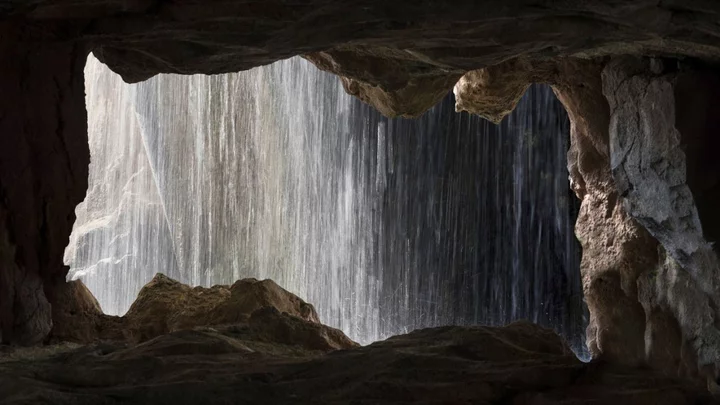A scientist who found the oldest water ever discovered on Earth decided the best course of action was, of course, to drink it.
Professor Barbara Sherwood Lollar was leading a team of geologists studying a Canadian mine in 2016 when she made the remarkable discovery.
The flowing water about three kilometres below the surface was between 1.5bn and 2.6bn years old, according to tests, making it the oldest water found on Earth.
“When people think about this water they assume it must be some tiny amount of water trapped within the rock,” said Prof Sherwood Lollar.
“But in fact it’s very much bubbling right up out at you. These things are flowing at rates of litres per minute – the volume of the water is much larger than anyone anticipated.”
Upon tasting the ancient water, she found that it was “very salty and bitter” and “much saltier than seawater”.
That was an encouraging sign, because saltier water tends to be older. In this case, where the water has been ageing for billions of years, it is hardly surprising.
“If you’re a geologist who works with rocks, you’ve probably licked a lot of rocks,” said Sherwood Lollar.
Her team also found that life had once been present in the water, by looking at the sulphate – the composition of salts – in it.
“We were able to indicate that the signal we are seeing in the fluids has to have been produced by microbiology – and most importantly has to have been produced over a very long time scale.
“The microbes that produced this signature couldn’t have done it overnight.
“This has to be an indication that organisms have been present in these fluids on a geological timescale.”
Fortunately, the scientist had no terrifying sci-fi movie-esq reaction to drinking the ancient water, and lived to tell the tale.
The paper was published in Nature in 2016.
How to join the indy100's free WhatsApp channel
Sign up to our free Indy100 weekly newsletter
Have your say in our news democracy. Click the upvote icon at the top of the page to help raise this article through the indy100 rankings.

